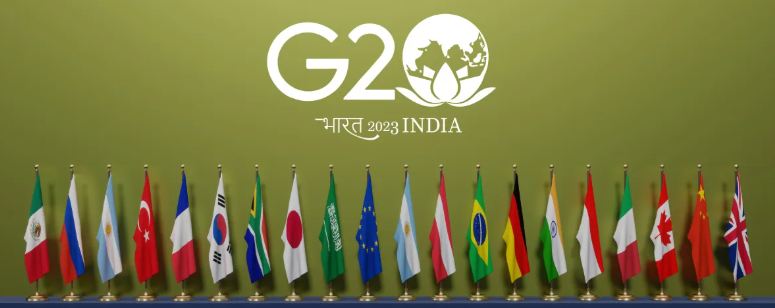In an increasingly interconnected world, global economic challenges require collective action. The Group of Twenty, or G20, plays a pivotal role in fostering international cooperation among the world’s major economies. But what exactly is the G20, and why does it matter?
What is the G20?
The G20 is a forum comprising 19 countries and the European Union, representing the globe’s most influential economies. Established in 1999, its primary goal is to promote global economic stability and prosperity by bringing together leaders to discuss pressing issues.
Key Objectives of the G20
- Promoting Economic Growth: The G20 focuses on policies that stimulate sustainable economic growth and development.
- Financial Stability: Members work together to strengthen the global financial system and prevent future crises.
- Climate Change and Energy: The G20 addresses climate change mitigation, sustainable energy, and environmental protection.
- Global Health: Members collaborate on health issues, including pandemics and healthcare systems.
- Trade and Investment: The G20 promotes free and fair trade, aiming to boost economic opportunities.
How Does the G20 Work?
The G20 operates through annual summits, ministerial meetings, and working groups. Each year, a different member country assumes the presidency, setting the agenda and hosting the summit. This rotating presidency ensures diverse perspectives and priorities.
Impact of the G20
The G20 has made significant contributions to global economic governance, including:
- Strengthening international financial institutions
- Promoting green finance and sustainable development
- Enhancing global health security
- Fostering trade and investment cooperation
Challenges Ahead
Despite its achievements, the G20 faces challenges, such as:
- Balancing national interests with global cooperation
- Addressing rising protectionism and trade tensions
- Meeting ambitious climate targets
Conclusion
The G20 is a vital platform for global economic cooperation, bringing together leaders to address pressing challenges. As the world continues to evolve, the G20’s role in promoting stability, growth, and sustainability will remain crucial. By understanding the G20’s objectives, workings, and impact, we can better appreciate its significance in shaping our global future.


The G20 is indeed a crucial platform for addressing global economic issues, but how effective is it in practice? While it brings together major economies, the real question is whether it can translate discussions into actionable solutions. The rotating presidency is a great idea, but does it lead to consistent policies or just shifting priorities? I’m curious about how the G20 handles disagreements among its members—does it manage to find common ground or often end in deadlock? Also, how does it ensure that smaller or developing nations, which aren’t part of the G20, are represented in its decisions? It’s impressive that the G20 has contributed to global economic governance, but I wonder if it’s doing enough to address emerging challenges like climate change and digital transformation. What do you think—is the G20 truly shaping a better global future, or is it just a high-level talk shop?
You bring up some really valid points about the G20’s role and how effective it is. On one hand, it’s pretty powerful because it brings together the world’s major economies, which account for a huge chunk of global GDP. They tackle some really big issues like financial stability, trade, and climate change. And it’s had some successes, like during the 2008 financial crisis when it helped coordinate a response.
But, it does have its limitations. Because it’s not a formal organization and the presidency rotates, priorities can shift a lot depending on who’s hosting. And because everything has to be agreed upon by consensus, disagreements between big powers like the US, China, and Russia can really stall progress. We’ve seen this with issues like Ukraine and climate finance.
The G20 does try to include voices from outside its membership, like inviting guest countries or through groups like the B20 and T20. But ultimately, the real decisions are made by its members. It’s made some strides on issues like global tax agreements and climate action, but the results often don’t match the rhetoric.
So, is the G20 just a talk shop? Maybe a little. But it’s also had real impact, especially in setting global agendas and coordinating responses to crises. To do more, though, it might need some reforms to make it more accountable and inclusive. Do you think reforms could make it more effective, or do we need a whole new platform?